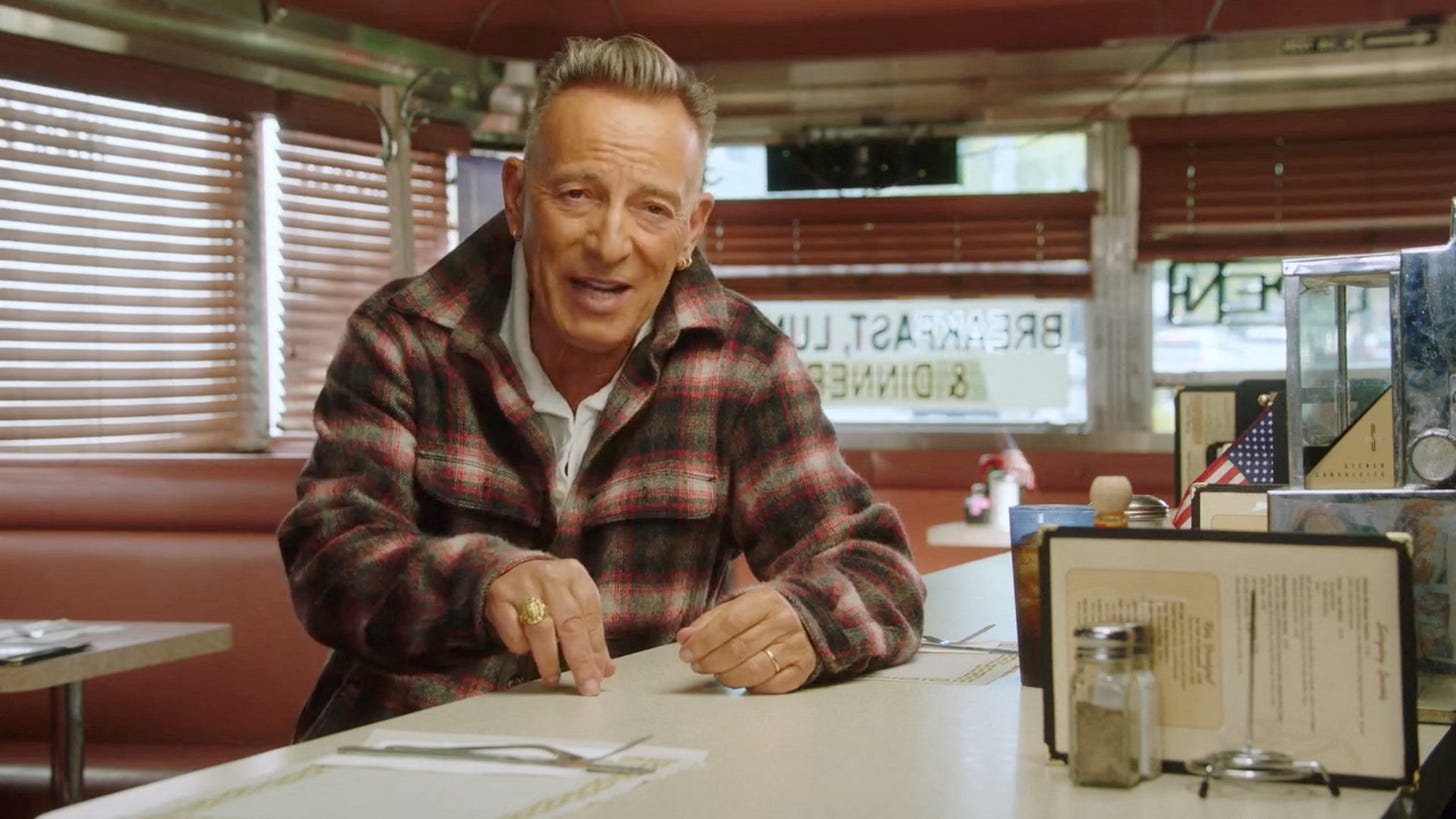Bruce Springsteen was wrong
Looking back on “The River” in light of Trump 2.0
Something Bruce Springsteen and I have in common, besides being wordy New Jerseyans desperate for attention, is an obsession with the idea of America. It turns out we are clueless.
In a video endorsing Kamala Harris for president Springsteen said, “The common values, the shared stories that make us a g…




